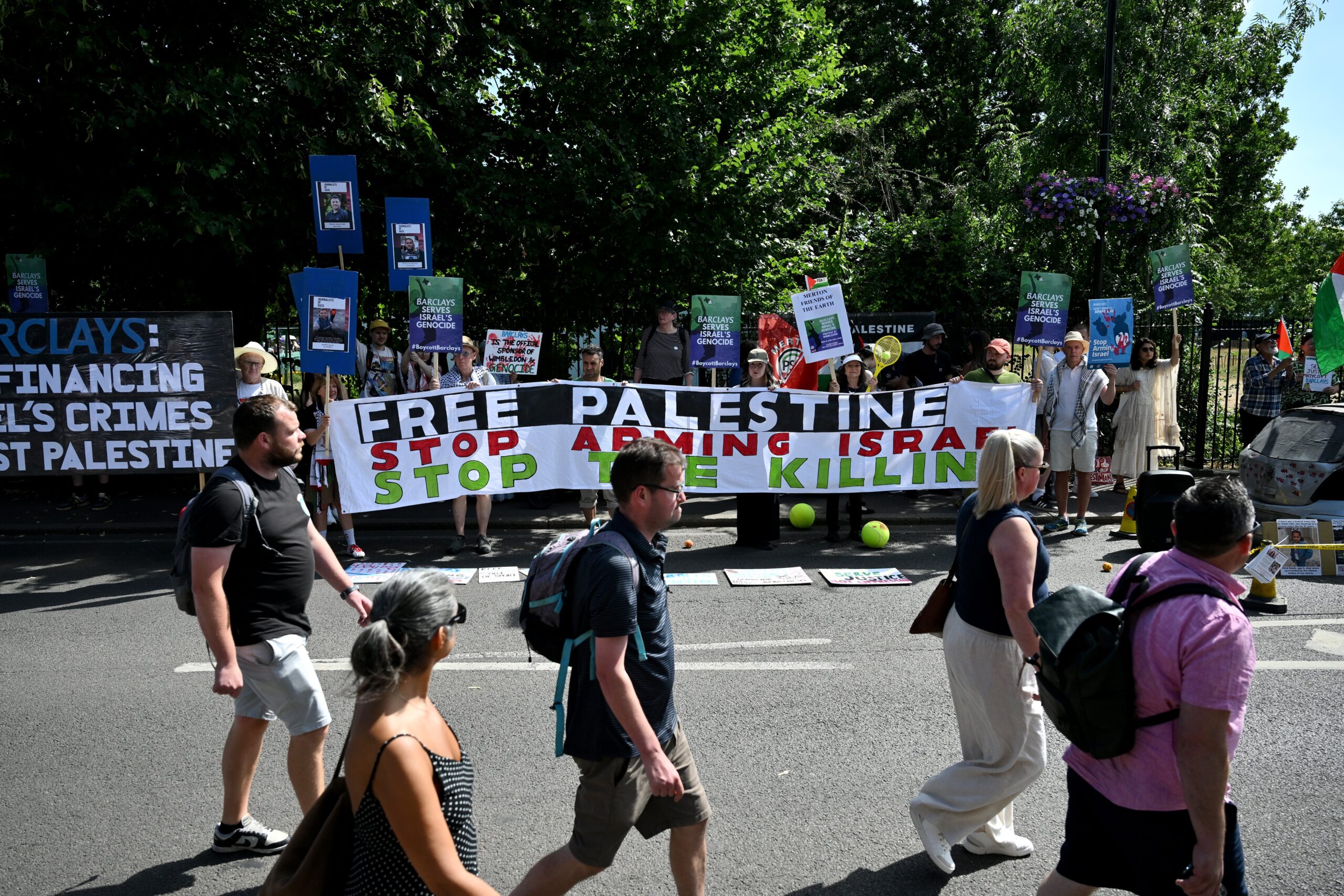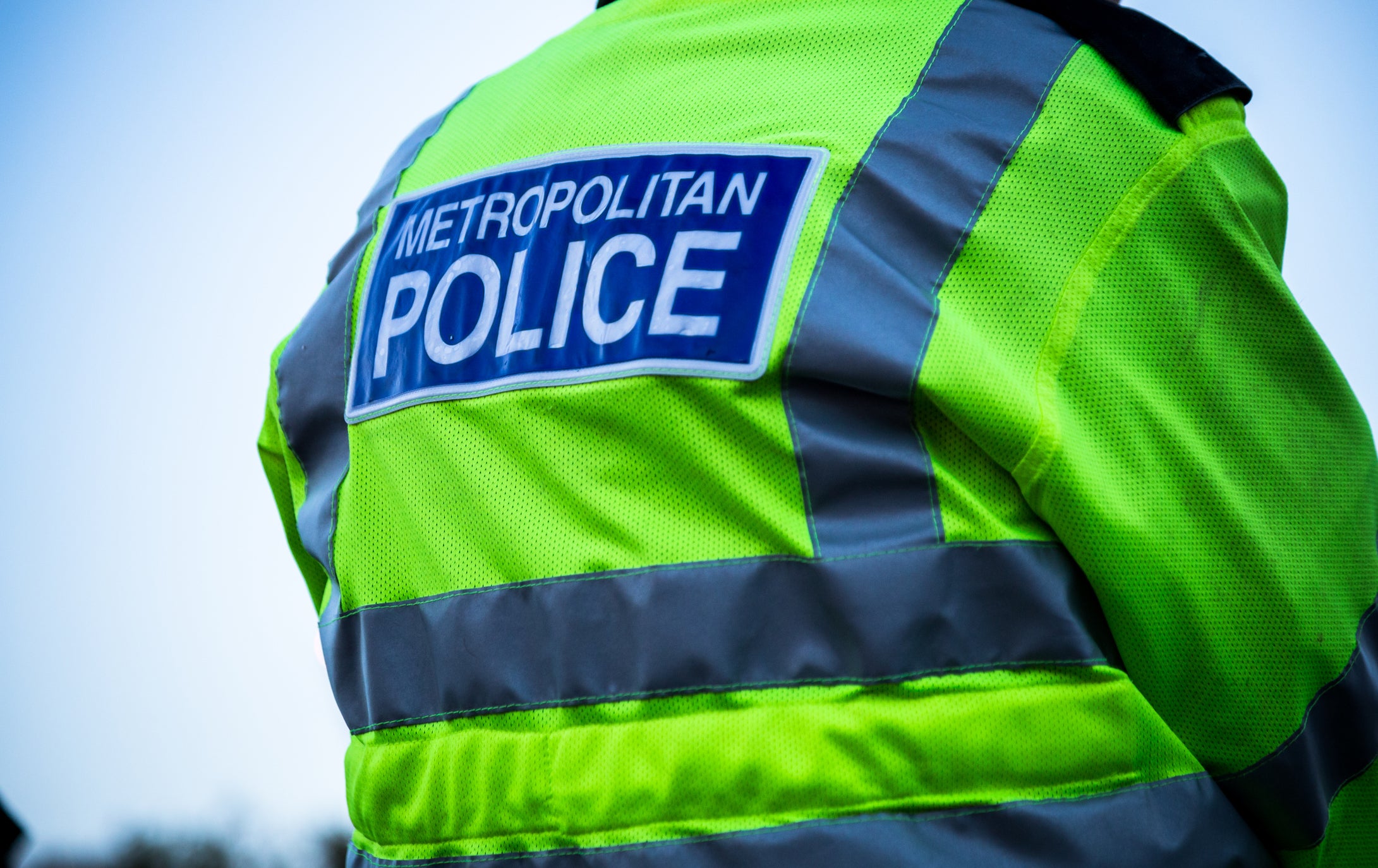Less than three per cent of all protest arrests result in charges, according to new research, as campaigners are calling for an end to anti-protest measures.
Data obtained by Greenpeace via Freedom of Information requests shows that only 18 arrests out of a total of 638 made by the Metropolitan Police for conspiracy to cause public nuisance over the last six years have resulted in charges.
Their research also showed an almost tenfold rise in the number of arrests in the capital since 2019. There were 67 arrests and charges for conspiring to cause a public nuisance between 2012 and the end of 2018, compared with more than 600 arrests and 18 charges since 2019, as the rate of arrests resulting in charges dropped from 12 per cent to less than three per cent.
Greenpeace UK’s co-executive director, Areeba Hamid, accused police of “routinely dragging protesters off the streets for a crime they almost always fail to charge them with”, which she said “amounts to an abuse of their powers and an assault on the right to protest”.
She added: “Arresting law-abiding people because they’re politically inconvenient is a frightening development in any democracy, and is a direct result of the government’s instinct to shut down free speech and prevent people from standing up for issues they care deeply about.”

Campaigners noted that the sharp increase in arrests coincided with Extinction Rebellion and Fridays for Future bringing thousands more people onto the streets of London in calls for action to tackle climate change.
The findings come as four leading environmental and human rights organisations – Amnesty International UK, Friends of the Earth, Greenpeace and Liberty – are starting a nationwide campaign to stand up for the right to protest, as they call on the home secretary to restore people’s right to express themselves by reversing anti-protest measures in two key pieces of legislation passed since 2022.
Khalid Abdallah, an actor from The Crown, was interviewed under caution by police in March after his role in a pro-Palestinian protest in January.
As part of the campaign to stand up for the right to protest, he said: “I think a lot of people don’t realise that the crackdown on protest isn’t just about tougher laws on disruptive civil disobedience, it’s about creating a climate of intimidation. The right to speak out against the actions of the government is an important test of whether you live in a free, democratic country.
“I have lived in countries where rights we hold dear in Britain do not exist, and my family has paid the price for speaking out. So I did not expect Britain to be the country where I would first be investigated by police for my participation in a public protest. For six months, I lived under the threat of being charged, until it was confirmed the police would not take further action. Clearly, these statistics show I’m not an isolated case.”

A Met Police spokesperson said: “We recognise the importance of the right to protest, however where protest crosses the line into criminality, we have a duty to intervene using the powers available to us.
“The threshold for arrest is reasonable suspicion that an offence has occurred. The threshold to charge someone is significantly higher, with officers needing to show that there is enough evidence to provide a realistic prospect of conviction at court.
“Proving that an individual has conspired with others to cause a public nuisance, to that standard, is particularly challenging. This is reflected in the limited number of charges for that offence.”
Suspicion of conspiracy to cause nuisance is an offence under the Police, Crime, Sentencing and Courts Act 2022, which is used by police to arrest protesters. The bill caused controversy when it passed, with a number of ‘Kill the Bill’ rallies across the UK to fight against it.
The campaigners have also asked ministers to strike out certain protest clauses in the Crime and Policing Bill, which is making its way through parliament.
One clause that has caused particular concern is one which allows police to request that people remove items used to conceal their identity if certain authorisations are in place, which could incur a maximum penalty of one month in prison, a £1,000 fine, or both.
Written evidence submitted by Big Brother Watch, Liberty, Privacy International, and Stop Watch called these new clauses “unnecessary” and warned they could “significantly threaten our right to protest safely and freely.”
